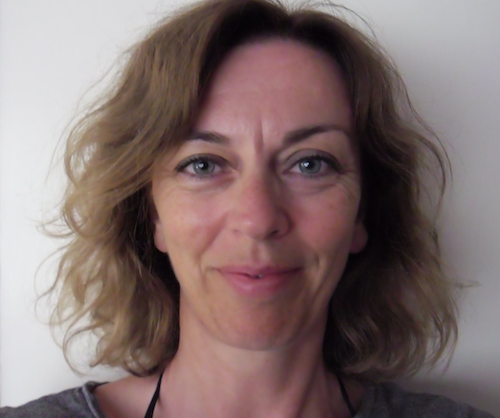BA (1991), French & Italian
PhD Student
“Un linguaggio diverso è una diversa visione della vita.”
[A different language is a different vision of life.]
Federico Fellini

I was drawn to languages at school because I loved the combination of structured learning of grammar and vocabulary and the creative freedom inherent in trying to find a way through landscapes as alien as Balzac’s Paris or the psychology of Racine’s Agrippine, mother of Nero, and agonisingly lucid in her growing impotence. At college, a last-minute switch – on the first day of term – from German to Italian ab initio meant I spent Michaelmas term in something of a lucid agony myself as I attempted to master self-expression in another new language, but it was definitely worth it for the fun of exploring Dante’s Inferno.
When I graduated in 1991 the economy was in recession, and I was relieved to find that languages really were a positive asset. I started as an account manager in a marketing agency, using my languages every day, and after a few years moved to ICI as research manager for Europe. I travelled a lot, and whilst English was the internal language, I would speak the local language in less formal situations wherever I could. I made some good friends like this, and it definitely increased my visibility in the company. I was promoted to global head of Insight, a job that integrated systematic and creative thinking – the two things I’d loved about languages at school.
Whilst I no longer needed to use my European languages on a day to day basis in the global job, I was working constantly with language per se through exploration of the languages of consumption and advertising. I began to get increasingly interested in wider questions of persuasion and perception and, following an MA in Creative Writing, I came back to Cambridge in 2011 to take the MPhil in European Literature and Culture.
Now I’m in the second year of a PhD, working in the emerging field of digital poetics and researching interactivity in Dante’s Commedia, a fully-funded project which straddles the Department of Italian and the Faculty of Computing. It’s an experimental project whose approach owes much to my early training as a linguist: mastering a new system or set of protocols (in this case, coding and videogame mechanics); interrogating that system critically; then playing with it or using it creatively.
Learning languages, I would say, certainly taught me critical reasoning skills and creative, interpretative thinking; but possibly more importantly, it has instilled in me a curiosity to engage with the new and a desire to refresh and keep broadening my perspective that has continually shaped my approach to life. For Dante in the Commedia, despite Nimrod’s act of defiance in constructing Babel, there is good to be found in our response to the resultant fragmentation of languages: by learning one another’s, we learn different ways of perceiving the world.



